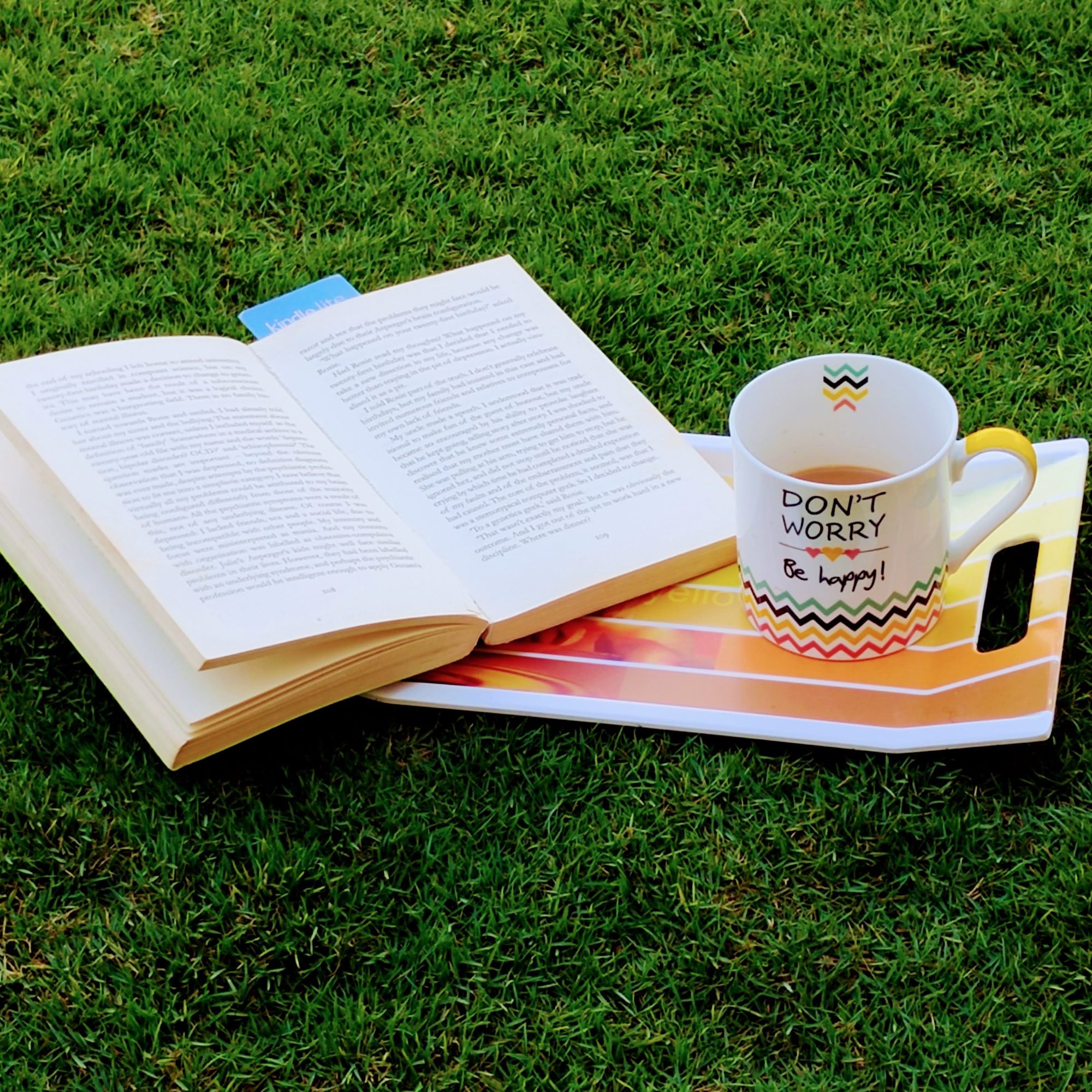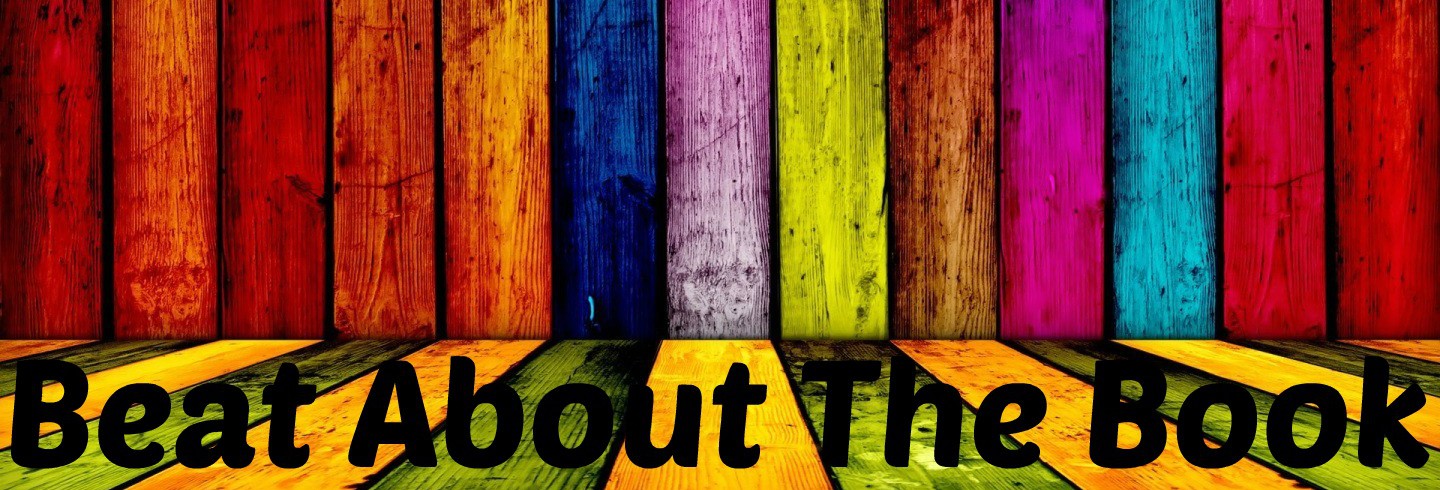Book: The Book of Negroes
Author: Lawrence Hill
After a bit of break, I’m back to reading African American history.
Most of us have a vague idea of how scores of Africans were sold in European and American markets. We are familiar with slavery through books like Uncle Tom’s Cabin or, in a more glorified form, in Gone with the Wind. We read these books, ‘It was terrible’, we say, we shake our heads and then we get on with life.
It’s not until a book like The Book of Negroes comes along, that the horror of it all sinks in. In its entirety. It’s then that we truly begin to understand, just a little bit, what it would have been like.
For that, this book, is a must read.
Set in the 18th-19th century, we hear the story in flashback through Aminata Diallo, daughter of a talented midwife and a jeweller.
While on her way home from a neighbouring village, 11-year-old Aminata is kidnapped. Then on begins a long and arduous journey for her. Along with a group of other village folk, she is yoked by the neck and made to walk.
Aminata befriends a young boy Chekura who is helping the kidnappers. He is sympathetic towards her, bringing her food and water.
After months of walking, goaded along with whip-lashes from their captors they reach the sea. They are then loaded onto ships that sail to Carolina. Ironically, Chekura is also put in along with other Africans, becoming a prisoner himself.
Aminata survives the harrowing ship voyage as also a slave rebellion and lands on the shores of Carolina. She is sold off to Appleby, a ranch owner. She’s a smart young girl, quick to pick up skills, eager to learn new ways and new languages. She has picked up midwifery from her mother and that renders her invaluable.
However, not her intellect, nor any of her skills can protect her from her fate as a slave. She’s beaten and raped and separated from her husband; her child sold off. She moves from Carolina to Nova Scotia and she survives, as does her dream of going back to her village in Africa.

What I thought of it
The Book of Negroes lays bare the cruel practice of Slavery in all detail. It talks about how people from Africa were kidnapped, coerced, shipped, treated worse than animals and bought and sold across America.
The writing is lucid and flows easily. It’s simple and it kept me turning the pages. It is the story that remains the hero of the book. Aminata’s journey is execptional and yet hundreds of millions of blacks faced the same fate, cheated over and over again of their right to exist as humans. Despite its heart-breaking subject, the book manages to maintain an underlying upbeat spirit, perhaps due to it’s protagonist.
Aminata’s character embues the book with optimism, rendering it readable
Right from the beginning it is clear that Aminata is a gifted child. She grows up to be smart and intelligent. Her skill at mid-wifery, her mother’s gift to her, and then later, the gift of education put her in a league above the other black people. It ensures for her, a better life than most others. Which is why the book doesn’t turn into a weep-fest. It did however make me wonder how much worse it would have been for the vast majority of other slaves who were illiterate, uneducated and barely skilled. Would they have had any bright spots in their lives at all? That was a frightening thought.
The African Diversity
We often make the mistake of clubbing the entire African continent as one entity. The book brought home its diversity. It was good to be reminded that there were multiple tribes with multiple languages, dialects and religions. Not every slave could even understand what another one was saying. Also, it was Africans who were capturing other Africans. So to think that all of them were victims would be wrong.
In the end the book is about humanity
On the surface of it, this is a story of the white man against the black, and yet in the end it is about respecting another human, no matter his race or colour. Also, to lay the blame solely at the door of Europeans or Americans would be wrong. Almost every race, at some point, has people trying to prove their supremacy and to undermine others for power or money. Like I pointed out earlier, a lot of Africans were involved in the slave trade too. Closer home in India, the caste system was just a variation of slavery as were practices like bonded labour. None of us are truly exempt from blame.
The book is a reminder that every human deserves to be respected.
Last thought: Read this for a glimpse of African history.




Have you read Roots by Robert Haley? It is his journey into the past to discover his roots from the time his ancestors were brought to US as slaves. If you haven’t, you must read it. It has all the terrible things endured by the Africans brought in as slaves and it is a true account to boot. Don’t let the size of the book daunt you though!
LikeLiked by 1 person
Almost everyone I spoke to about The Book of Negroes recommended Roots. I’ll definitely get to it, after a bit of a break though. Books like these can get overwhelming. Thanks Zephyr.
LikeLiked by 1 person
I had often read African literature some ten years ago. In fact I was so fascinated with the world/culture and their stories that I hunted up tonnes of books to read from/on this part of the world.
This book sounds like its filled with all the emotions and struggles of the people of Africa and their tryst with slavery. Its truly a barbaric practice, done by humans to other humans.
Your review is very well done Tulika. Thanks for sharing this.
LikeLiked by 1 person
Thanks Shalz. I’m in that phase now, though I do veer off for a bit and read the odd thriller/romance when it gets too much.
LikeLiked by 1 person
Thanks for sharing… sounds like an interesting and emotional read. Adding it to TBR for when things calm down a bit.
LikeLike
Sounds like a very powerful book! Dealing with subject like slavery while still maintaining an optimistic thread is a fine balance to pull off. The horrors of black slavery are still playing out in a different form in the US; and the caste system & rising islamophobia that continues to this day in India are echoes of the same superiority of one caste/religion vs another. A lot for us as a society to reflect on.
LikeLiked by 1 person
I was watching Outlander in which they covered how slaves were bought, sold and ill treated in US many centuries ago. It feels terrible to watch it. I can only imagine that this book must be much more detailed in covering this truly sad part in history. I don’t know if I can read it just now but I would surely like to read it some time.
LikeLike
I have kept away from depressing themes during these depressing times. But this sounds like an okay book to pick up. Because of the narrator. Frightening and scary, but also a more authentic glimpse into the realities of slavery.
LikeLike
Sounds like an overwhelming read, will wait for an better emotional space to read this one. And Roots, considering how many people are recommending it.
LikeLike
Some documentaries that I had watched on slavery have left deep impact on me. The kind of cruelty that they were put through is unimaginable. This sounds like an amazing book to have a closer look at their life. But I am sure it will leave many overwhelmed and emotional.
LikeLike